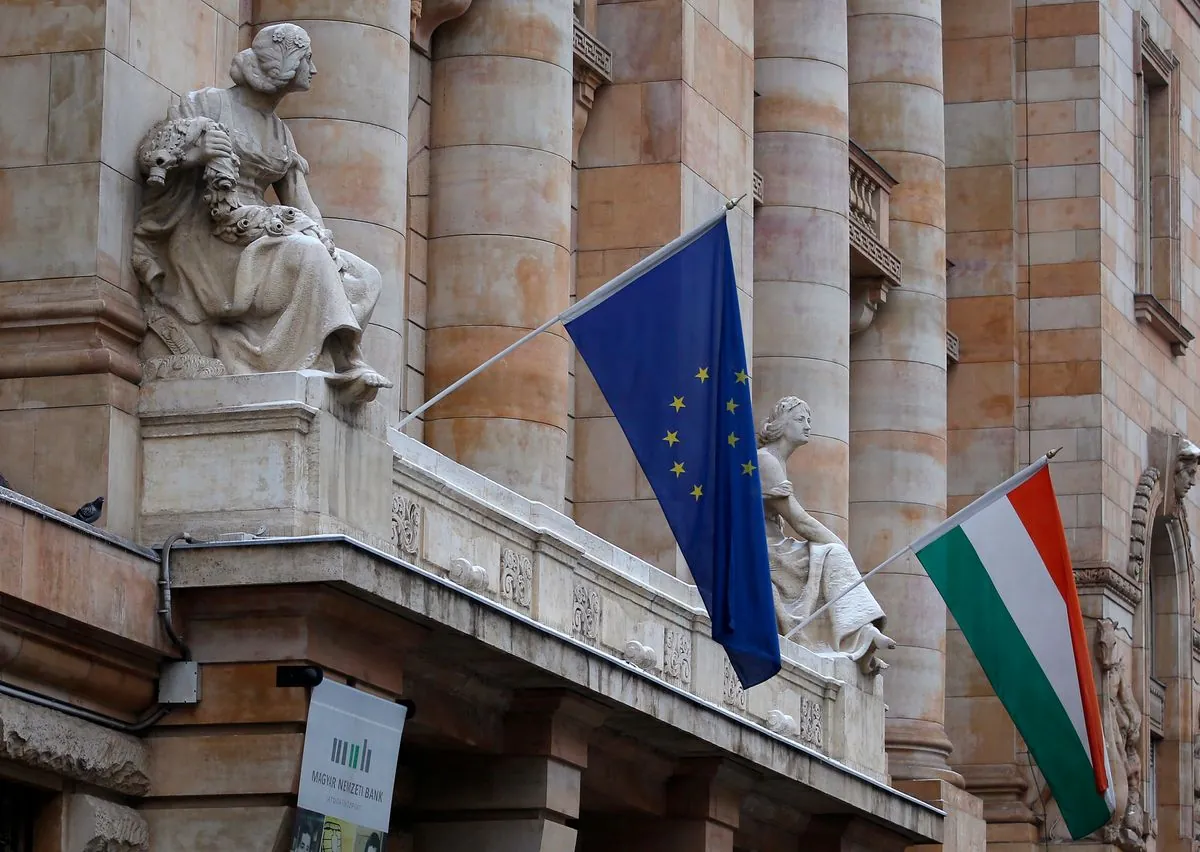Belgium has strongly opposed Hungary's proposed plan to transport asylum-seekers to Brussels, labeling it a breach of European Union and international accords. This development comes in the wake of Hungary's announcement on September 6, 2024, regarding its intention to provide free one-way travel for migrants to the Belgian capital.
The plan, viewed as a retaliatory measure against EU-imposed fines, has sparked diplomatic tension. In June 2024, the European Court of Justice, established in 1952, ordered Hungary to pay a substantial fine of 200 million euros ($216 million) for consistently violating the bloc's asylum regulations. An additional daily penalty of 1 million euros was imposed until Hungary aligns its policies with EU law.
Nicole de Moor, Belgium's migration minister, stated that the proposed action "undermines solidarity and cooperation within the Union." She emphasized Belgium's commitment to a coordinated approach that respects European values and international obligations.
De Moor's office has taken proactive steps, instructing Belgium's EU ambassador to engage with their Hungarian counterpart. Additionally, they have called upon the European Commission, the EU's executive branch established in 1958, to take a firm stance against the proposal.
The planned migrant convoy would necessitate unauthorized transit through several EU member states, including France, Germany, Austria, or other Schengen Area countries. The Schengen Area, created in 1995 following the 1985 Schengen Agreement, typically allows free movement between 29 countries. However, some nations, including Austria, France, Germany, and Slovenia, have implemented border checks due to security and migration concerns.
It's worth noting that both Hungary and Belgium joined the European Union in different eras. Hungary became an EU member in 2004, while Belgium has been part of the union since its inception in 1958. Despite their shared EU membership, the two countries have divergent approaches to migration policies.
The European Union, currently comprising 27 member states, faces ongoing challenges in harmonizing asylum policies across its diverse membership. This situation underscores the complex dynamics within the EU, where the European Commission, led by President Ursula von der Leyen, must balance national interests with collective EU policies.
As this diplomatic standoff unfolds, it highlights the broader issues of migration management, EU solidarity, and the enforcement of common regulations within the bloc. The resolution of this conflict may have significant implications for future EU migration policies and inter-member state relations.
"We are prepared to demonstrate the real-life consequences of Brussels' misguided migration policies."
This situation serves as a reminder of the ongoing debates surrounding migration within the EU, reflecting the diverse perspectives among member states on this critical issue.
